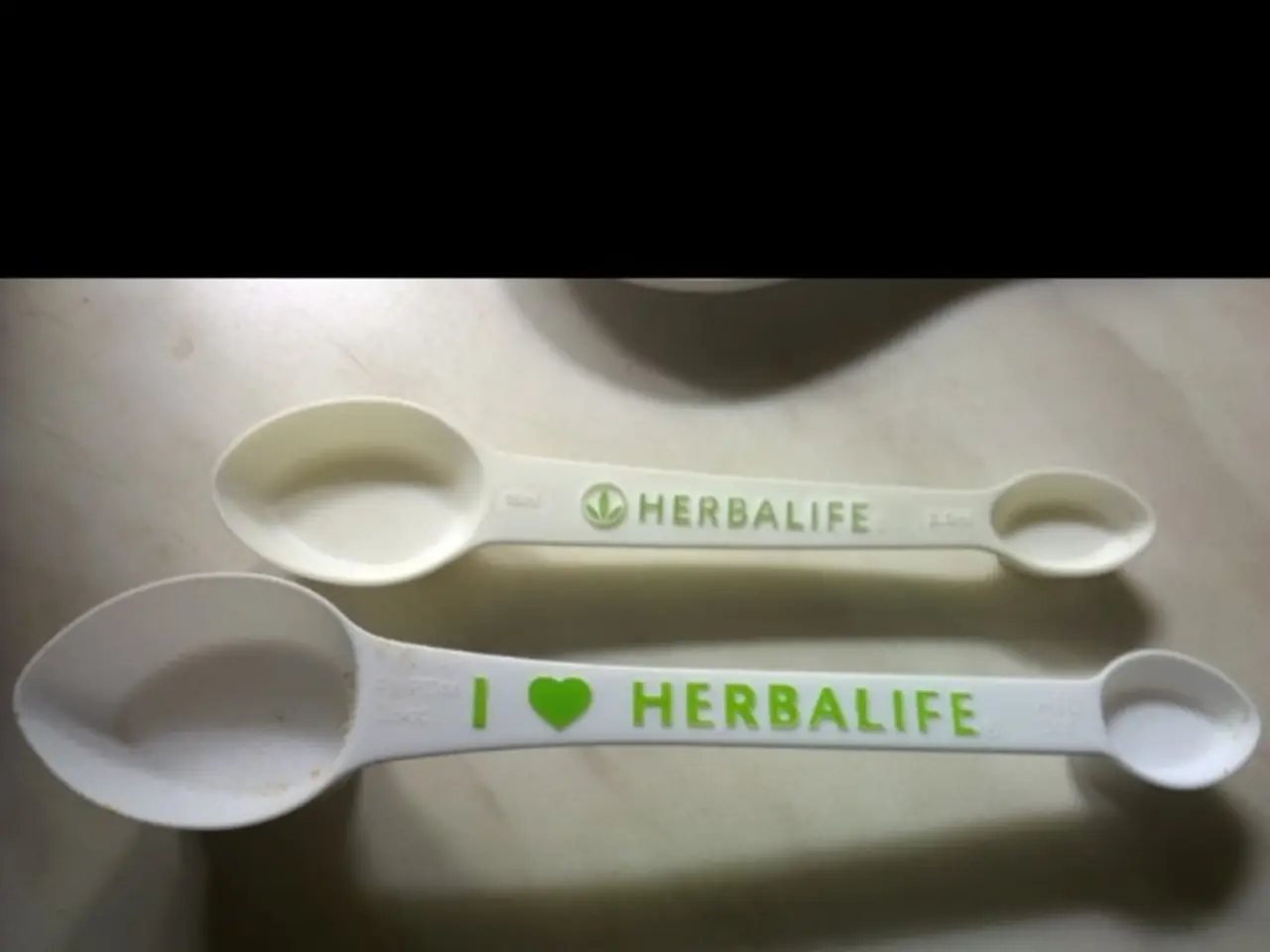Home-Based Methods and Natural Remedies for Managing Atherosclerosis
Atherosclerosis, a condition characterized by the buildup of plaque in the arteries, can lead to life-threatening conditions such as heart attack and stroke. However, natural remedies such as exercise, the Mediterranean diet, omega-3 fatty acids, and curcumin may help slow down the progression of this disease.
Regular moderate physical activity stimulates the release of adrenaline, which has an anti-inflammatory effect, potentially offering protection to the arteries. Exercise is widely recognized as beneficial for cardiovascular health by improving lipid profiles, reducing inflammation, and enhancing endothelial function.
The Mediterranean diet, rich in omega-3s, nuts, vegetables, and other bioactive compounds, has been associated with lower rates of cognitive impairment and cardiovascular disease, including atherosclerosis. Clinical studies indicate cognitive and vascular benefits in adults adopting this diet. Omega-3 fatty acids, found in fatty fish such as herring, sardines, and salmon, may stabilize vulnerable atherosclerosis plaque and potentially reverse atherosclerosis.
Omega-3 fatty acids help lower triglycerides and exert cardiovascular benefits by reducing inflammation and improving lipid metabolism. Epidemiological evidence suggests that diets rich in omega-3s correlate with reduced cardiovascular disease risk and atherosclerosis.
Curcumin, the active ingredient in turmeric, has strong anti-inflammatory and antioxidant properties. It inhibits pathways like NF-κB and MAPK, reduces oxidative stress, and improves endothelial function, collectively contributing to reduced atherosclerotic plaque formation. While preclinical and some clinical studies support curcumin’s potential to improve vascular health and slow atherosclerosis, its clinical efficacy is limited by low bioavailability, necessitating more robust trials and improved formulations.
While no one thing naturally breaks up plaque, combining diet, exercise, stress reduction, and quitting smoking may help slow down plaque buildup. Atherosclerosis can also cause peripheral vascular disease. In severe cases, a doctor may recommend an angioplasty to treat diseases due to plaque buildup.
It is currently not possible to reverse atherosclerosis, but natural remedies can slow its progression. Medications to treat atherosclerosis include ACE inhibitors, beta-blockers, calcium channel blockers, statins, nitrates, blood sugar medications, thrombolytic medications, and antiplatelet medications. The buildup of plaque in the arteries can restrict blood flow to vital organs, including the heart.
In summary, these natural remedies act synergistically to modulate key biological processes underlying atherosclerosis, such as inflammation, oxidative stress, lipid accumulation, and endothelial dysfunction. While evidence supports their beneficial role, especially as part of a comprehensive lifestyle approach, there remains a need for more rigorous clinical trials to optimize dosing and formulations, particularly for compounds like curcumin. Reducing the risk of atherosclerosis can be achieved by eating a heart-healthy diet, avoiding smoking, and getting enough physical activity.






